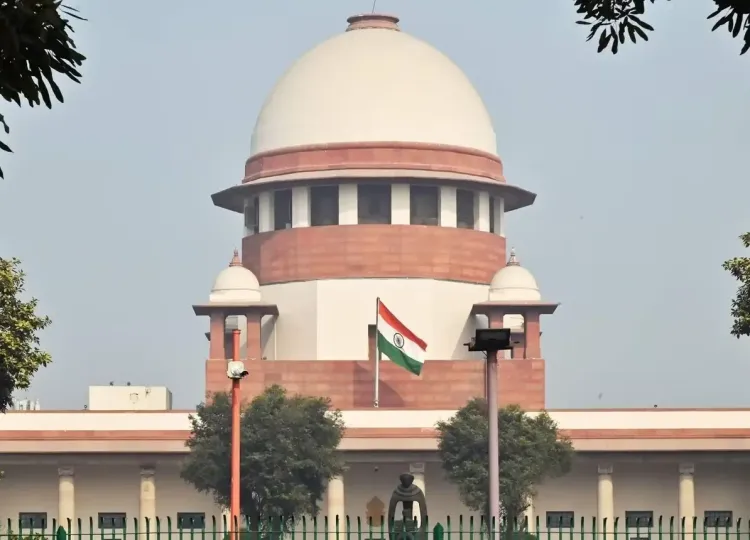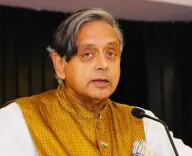Supreme Court Critiques Lengthy Synopsis Submissions

New Delhi, Dec 18 (NationPress) After a petitioner-in-person submitted a synopsis extending to 128 pages, the Supreme Court remarked that the registry ought to have recommended the litigant to shorten the lengthy synopsis, which was overloaded with details much of which was not pertinent.
“The appellant, who has appeared in person, has submitted a synopsis spanning 128 pages, filled with details many of which are not relevant for our purposes. We acknowledge that the appellant is not a trained attorney, but it is the responsibility of the Registry to have urged the appellant to condense the synopsis. A synopsis cannot extend to 128 pages!” stated a bench led by Justice Sudhanshu Dhuliya.
The bench, which also included Justice Ahsanuddin Amanullah, directed the Registrar (Judicial) to take note of this, especially in cases where litigants are permitted to represent themselves.
The appellant, representing themselves, contested the legality of the Allahabad High Court's ruling, which had annulled the Family Court's 2019 decision and reinstated the Section 125 CrPC petition.
The Allahabad High Court also mandated that the petition be resolved on its merits by the Additional Principal Judge of the Agra Family Court.
Dismissed the special leave petition, the apex court asserted that the contested order was in favor of the appellant and merely instructed the Agra Family Court to reassess the matter, which had been previously dismissed for non-prosecution.
“The appellant, rather than appearing before the Family Court in Agra, has directly contested this High Court order in this Court, which we believe is inappropriate,” it added.
In August of the previous year, the Supreme Court had emphasized that bulky synopses in pleadings should be avoided after a bench presided over by Justice Abhay S Oka noted that while the high court's contested order was six pages long, the synopsis exceeded 60 pages, with an additional 27 pages in the special leave petition filed.
The Supreme Court, in August 2023, had resolved a public interest litigation (PIL) seeking guidelines to establish a page limit for petitions or written submissions in judicial proceedings.
“How can we universally apply a word or page limit to written submissions?” questioned a bench led by the then Chief Justice of India D.Y. Chandrachud to the PIL petitioner.
The CJI-led bench noted that while the concerns raised in the PIL are commendable, it is challenging to create a one-size-fits-all directive of this nature.
It clarified that if the petitioner has any specific recommendations, they are welcome to present them to the Secretary-General of the Supreme Court.
The petition claimed that the absence of definitive rules regarding page limits for submissions to the court contributes to delays in the administration of justice.








